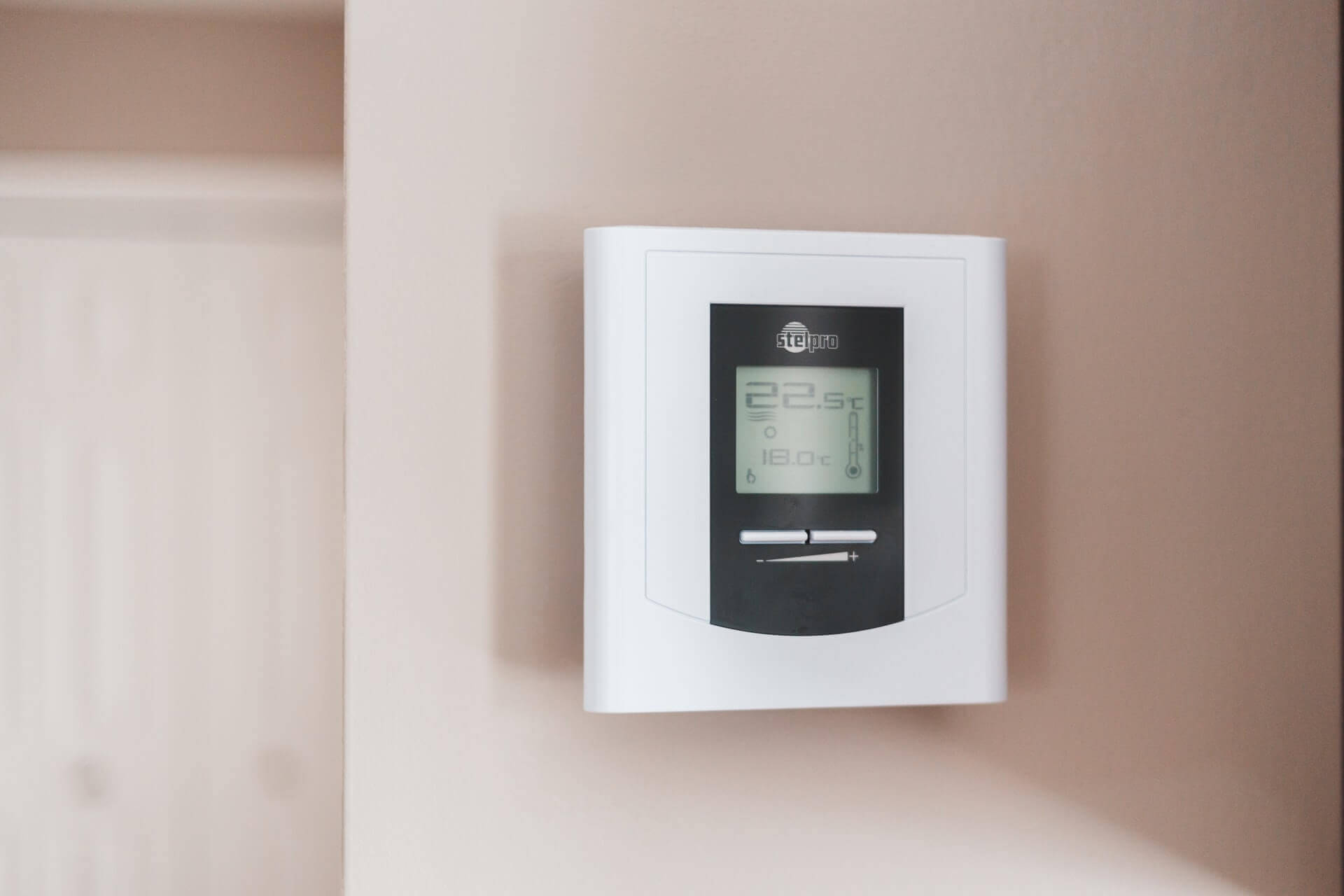The impact of doors and windows on indoor air quality and the health of occupants

Indoor air quality is an essential element in the well-being and health of home occupants. Studies show that indoor air can be up to five times more polluted than outdoor air due to a variety of factors, including inadequate ventilation and the ingress of pollutants. Doors and windows play a central role in regulating this air quality, influencing both air circulation and air filtration. A house that is well ventilated and protected against infiltration ensures a healthier environment, reducing the risk of allergies, respiratory diseases and mold.
1. The role of doors and windows in ventilation
Good ventilation is essential to ensure constant air renewal and to remove household pollutants such as volatile organic compounds (VOCs), carbon dioxide (CO2), and excessive humidity. Without adequate ventilation, indoor air can quickly become stagnant, promoting the proliferation of bacteria and viruses.
- Tilt-and-turn windows : offer adaptable ventilation, allowing rooms to be ventilated without excessive draft.
- Sliding patio doors : allow a wide opening and facilitate effective natural ventilation.
- Integrated ventilation systems : some modern windows include micro-ventilation systems that improve airflow without compromising thermal insulation.
- The chimney effect : by opening windows located at different levels of a building, air movement is created that allows stale air to be evacuated and replaced by fresh air.
2. Airtightness and ingress prevention
Incorrectly adjusted doors and windows can be a major source of air leaks, leading to the entry of outdoor pollutants such as pollen, dust, and toxic gases. In addition, these infiltrations can cause significant energy losses, thus increasing heating and air conditioning costs.
- High quality materials : PVC and aluminum with thermal break offer better insulation.
- Professional installation : An installation carried out by experts guarantees perfect tightness and reduces energy losses.
- High-performance seals : Using high quality rubber seals helps to limit air currents and improve interior comfort.
3. The choice of glazing and its impact on indoor air
The type of glazing directly influences the quality of indoor air by reducing pollutants and optimizing thermal comfort.
- Self-cleaning glazing : prevents the accumulation of dust and fine particles.
- Low emissivity glazing : reduces the transmission of UV and infrared rays, thus limiting the formation of secondary pollutants.
- Solar control glazing : prevents overheating in summer and maintains a stable indoor temperature, thus reducing dependence on air conditioning.
- Triple glazing : improves acoustic and thermal insulation, thus limiting the intrusion of harmful external noise.
4. The importance of ecological finishes and treatments
Some paints and varnishes applied to doors and windows emit VOCs that are harmful to health. These compounds may cause respiratory irritations and headaches for occupants.
- Give priority to ecological materials : Opt for solvent-free products with low VOC emissions.
- Hypoallergenic treatments : Some special coatings prevent the growth of mold and bacteria.
- Naturally treated wood : Wooden windows and doors can be protected with natural oils and ecological waxes that do not emit toxic substances.
5. Regular maintenance for better air quality
Proper maintenance extends the life of installations while maintaining a healthy indoor environment. Well-maintained windows and doors reduce dust, allergens, and other contaminants.
- Cleaning frames and joints : Eliminates the accumulation of dust and allergens.
- Drainage system control : Prevents humidity and mold problems.
- Replacing ventilation filters : Some window models include filters that need to be changed regularly.
- Lubrication of opening mechanisms : Ensures smooth operation and prevents the accumulation of dirt.
6. Impact of doors and windows on the well-being of occupants
In addition to air quality, doors and windows also directly influence the general well-being of residents.
- Natural light and mental health : Well-positioned windows maximize the supply of natural light, reducing stress and improving concentration.
- Reduction of noise pollution : Good glazing helps to minimize outside noise, promoting a quieter and more relaxing environment.
- Thermal regulation : Good insulation prevents excessive temperature variations, thus improving daily comfort.
Conclusion
Doors and windows have a major impact on indoor air quality and the health of residents. Opting for quality materials, high-performance glazing and regular maintenance ensures a healthy and comfortable environment. By combining modern technologies and adapted maintenance practices, it is possible to limit indoor pollution and significantly improve well-being in your home.
Guarantee: No traces, no stress — only lasting results.
5 000 +
96%
$6,275



.avif)



